No one is born hating another person. People have to learn to hate, and if they can learn to hate, they can be taught to love.
~Nelson Mandela
Free public schools for America’s children should unite us. When children learn to appreciate others who are unlike themselves or worship differently, and form friendships, they develop a deeper understanding and respect for differences and genuinely care for one another. Chances are, they’ll grow into adults who value others.
We’re supposed to be that country—a welcoming home for all, honoring culturally rich differences, a melting pot of democratic values reflected in America’s public schools. This socialization process involves embracing societal changes, ideas, and innovations that drive progress for the world to emulate.
America can only be great when its people care about all its children. But the nation is more divisive than ever, largely because, over the years, Americans have allowed the breakdown of public education by those from both parties who wish to privatize schools.
Segregation
In 1954, Brown v. Board of Education brought challenges. Black teachers and administrators lost jobs when white school staff poured into black schools.
Attempts to integrate schools were met with controversy. Urban and rural schools struggled. Serious attempts to integrate public schools were often met with resistance from wealthy oligarchs working to undermine progress.
In 2007, Parents Involved in Community Schools v. Seattle School District No. 1 ended school assignment policies based on racial classifications, bringing about resegregation.
Religion
It’s challenging to understand Separation of Church and State, the religious diversity, Americans with a variety of beliefs. Foisting one’s own religion into a public school jeopardizes all religions.
From the Freedom Forum:
By removing the government’s ability to give preferential treatment to one religion (or religion in general), the separation of church and state promotes religious pluralism. It allows all Americans to practice their deeply held beliefs in private and public.
Here’s a rundown of legal decisions surrounding schools and religion showing permissible religious actions in public schools.
Immigrants
Children from immigrant families, including those undocumented, have a constitutional right to attend school. Helping children communicate (English Language Learning), while not disparaging students and their native language, has been valued in public schools for many years.
The high school where I worked, included students and the community united celebrating multicultural differences. This is the norm to build upon.
Instead, the current climate for children of immigrants is dangerous. Schools may be a fearful place. America has lost its moral compass.
College and Careers
The National Association of Student Financial Aid Administrators describes problems students face attempting to further their education, including student debt affecting a student’s life for years. Students from lower economic backgrounds could only afford 1 to 5 percent of colleges!
While career and technical career training can lead to good jobs, for many students, college has become unattainable, which also hurts the economy.
A Georgetown University report describes the skill shortage facing America including the following professional careers: managers, teachers, nurses, accountants and auditors, engineers, attorneys, and physicians. Careers that don’t require college that will be in demand are drivers/sales workers, truck drivers, and construction workers.
How many young adults become alienated, believing only elitist get college?
Charter Schools and Vouchers
The resistance to desegregation, the promotion of unproven private and parochial schools, evolved into a drive for segregated charter schools and vouchers.
The focus could have lifted alternative schools within school districts, run by creative educators incubating new ideas. These schools already existed and were equally evaluated and run as true public schools by educators, the professionals.
Instead, charter schools have become an industry, running rampant, often unsuccessfully, by novices who get rich off traditional public schools. Carol Burris, for The Progressive, recently described the accelerated closing of these schools.
Separate from traditional public schools, they’ve created two school systems where neither provides the best that education could be, and which separate students.
Vouchers promoted initially to help low-income students attend better schools, a promise rarely realized, are freely given to wealthy parents with few restrictions. Many parents supplement their student’s attendance to elite private schools.
Voucher funds are also used for items that have little to do with formal instruction. In Florida, WESH 2 Investigates found:
…more than 8,400 students had theme park ticket reimbursements paid or approved for this school year. Most of them — nearly 6,000 — have Personalized Education Plan (PEP) scholarships for homeschooling, as opposed to scholarships for a private school.
They also buy big screen TVs. Here’s the video.
Civics
A Policy Brief from the Sandra Day O’Connor Institute for American Democracy describes civics instruction’s decline, partly due to the overemphasis of high-stakes standardized testing.
Liberal Supreme Court Justice Sonia Sotomayor recently spoke about civics instruction, questioning whether Americans understand the importance of democracy or the difference between a president and a king.
The Trump administration with Education Secretary Linda McMahon is pushing America 250 Civics Coalition. It seems tied to religion and will likely promote a sanitized history, as we’ve seen this administration attack diversity and inclusion and make light of, even eliminate, references to slavery.
The initiative includes controversial groups like:
- Center for Education Reform
- American Legislative Exchange Council
- Heritage Foundation
- Moms for Liberty
- Turning Point USA
- PragerU
- and many more.
Standardized Testing
High stakes standardized tests hurt America’s students, now adults. How many believe based on one test they failed? Such tests narrowed the curriculum, were culturally biased, and left teachers little recourse to address strengths in students.
A study by the Russell Sage Foundation found that:
Variation in third-grade achievement and learning rates is considerable among rural districts, indicating that rates of early and middle childhood educational opportunity are not evenly distributed throughout rural America.
Both parties have been complicit in over testing and it has done irreparable harm in separating students into those who feel successful and others who see themselves as failures.
Think of how public schools could have been, how professional teachers could have lifted students, without having to fight so hard against the test taking and the drive to close public schools.
Teachers
Well-prepared teachers with university degrees in the area they teach ensure that students become knowledgeable in what they need to further their education, or for careers to live productive adult lives.
Throughout the years we’ve seen attacks on the teaching profession, on education preparation schools. Alternative programs like Teach for America, where young college graduates become classroom teachers with only five weeks of training, are insufficient. Sometimes these individuals become education leaders without being prepared.
Nonprofits like Deans for Impact, New Leaders for New Schools, and other AstroTurf groups undermine a true teaching profession. Teachers bring students together.
Technology
This country is hugely investing in AI despite confusion and concern over its outcomes. Technology in public schools thus far has failed to lift America’s students.
Teachers bring students together, help them better understand subjects, learn together, and stimulate conversations that provide children with insights of others. It’s time to focus more on helping teachers to teach their students.
Recess
Recess for children may seem insignificant. In the 90s, public schools began eliminating school recess. However, children getting to play freely under adult supervision in school is a mighty way to help them understand others. It’s one of the best ways children socialize.
Not only does it involve socialization, but it’s a break from academics and refreshes children to be able to do their school work. We have to wonder what children have missed when it comes to learning how to relate with one another having been denied recess.
______________
Americans had the chance, and still can unit to create a public education system that pulls the nation together. A country that focuses on compassion for others, is based on finding the will to come together and lift all America’s children, working on Society’s challenges, for the world to see.

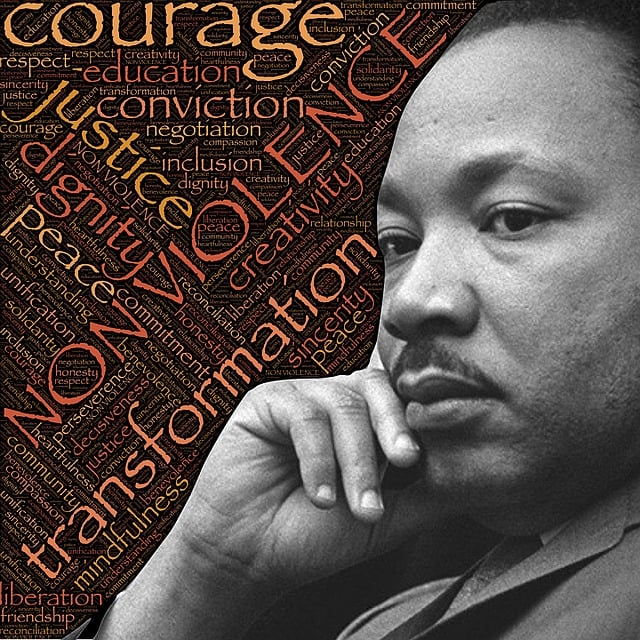

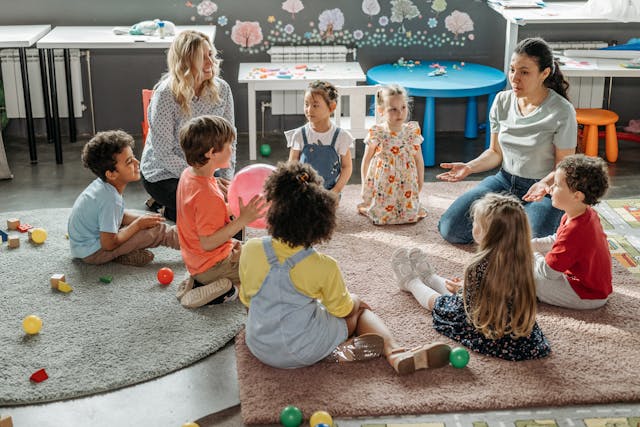
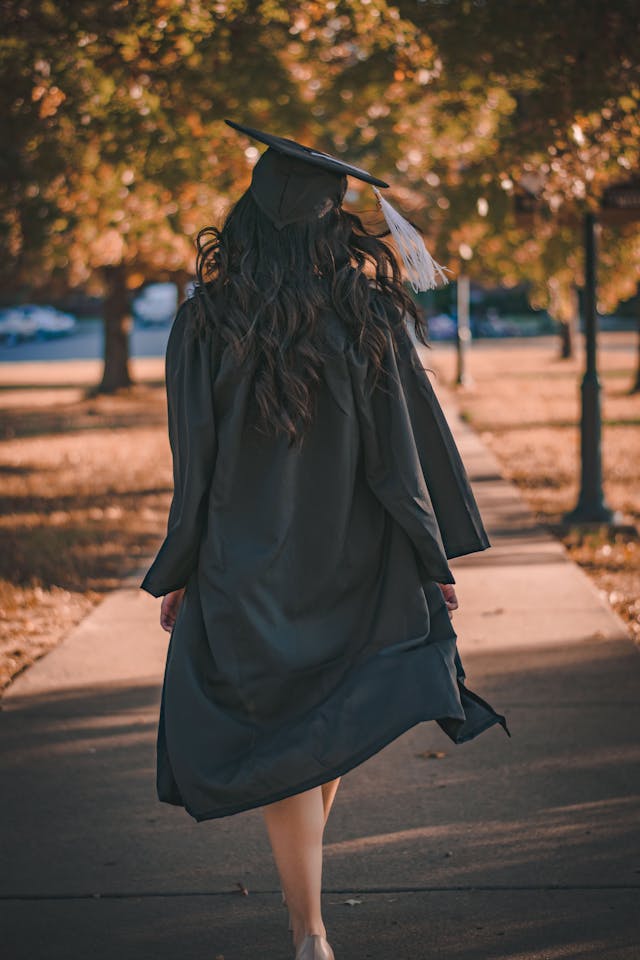
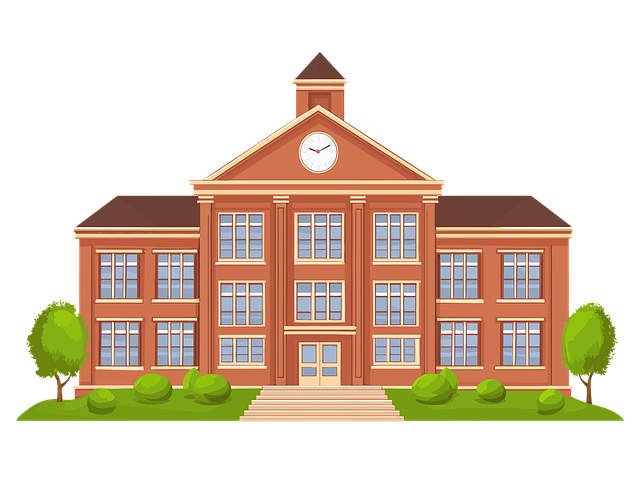
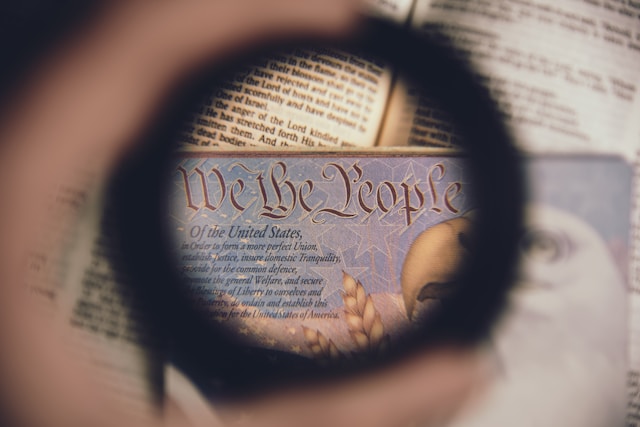
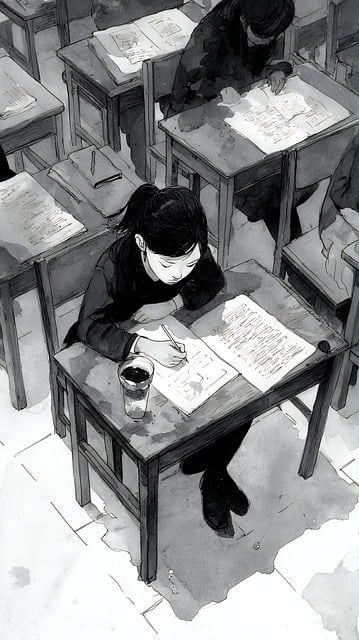
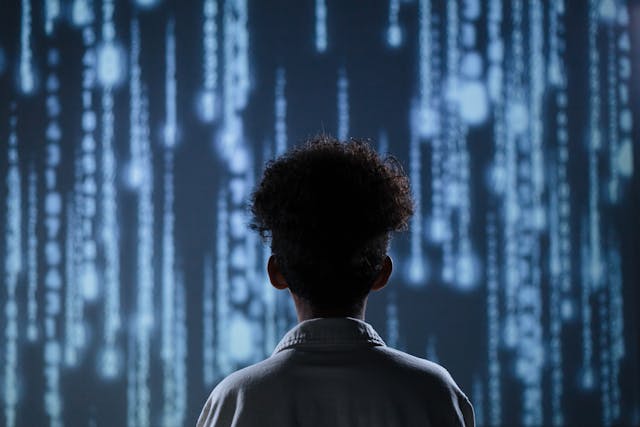
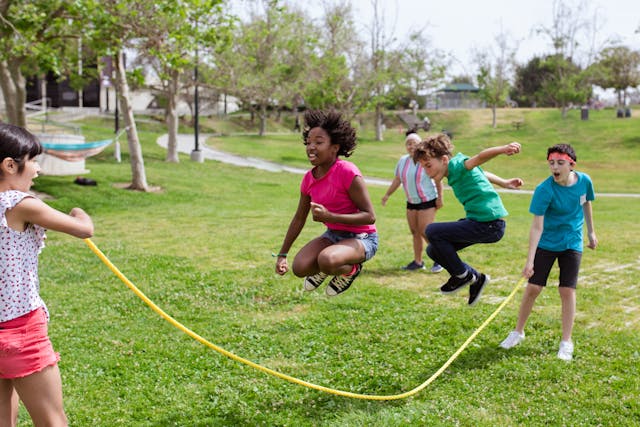
After “A Nation at Risk” was published I saw an inkling of hope. Not from the report, but in the efforts that began through Teaching Learning Centers, initiatives toward cite based management, portfolio assessment, and other progressive practices. In 1990, I helped moderate a conference called “Workforce 2000” where educators and business people of all stripes came together to articulate what we needed to better prepare children for life and the workplace. Almost to a person, business leaders spoke of the importance of critical thinking, creativity, motivation, and initiative needed in our workforce. All the public school establishment could focus on was our newfound ability to identify failure through a standards movement that believed demeaning the public schools was the best way to reform. Focus on reading, math, and college prep…that wasn’t what business people, nor parents, wanted.
I recall watching January 6 unfold thinking immediately that this is what the neoliberal privatization movement has brought us. People who are disenfranchised from meaningful education through a shrunken data driven education philosophy.
Perhaps the worst part is that the much of the education establishment is responsible for this. When the “ABC’s” of North Carolina was passed in the Democratic legislature in the early 1990’s I thought surely the State Department of Education would reject this concept of school. They embraced it. The rejection of everything from shop to recess for the sake of compliance driven intellectual minimalism has driven a wedge between the American public and Public Education. The privatizers who advocate “choice” have exploited public policy that has resulted in young adults who are unprepared and unfulfilled. You have hit the nail on the head!
Thanks, Paul. Although I never cared for “A Nation at Risk,” the 1980s and 1990s seemed a decent time for special education and the drive to understand individual children’s needs with critical parent feedback. Little by little, we watched that chip away.
And all those KAPPAN reports over the years showing parents liked their public schools but not the others (due to reporting). Those who turned the nation against public education resulting in where we are today are now the harshest critics of low test scores and don’t seem to see their hand in it. It could have been different.